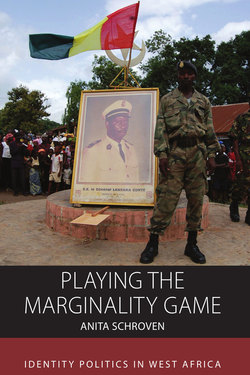Описание книги
In Guinea, situated against the background of central government struggles, rural elites use identity politics through contemporary political reforms to maintain their privileges and perpetuate a generations-old local social contract that bridges ethnic and religious divides. Simultaneously, administrative reform and national unrest lead to the creative re-combination of sources of authority and practices of legitimate rule. Past periods of colonization, socialism and authoritarian regime are reflected in contemporary struggles to make sense of participatory democracy and the future of the embattled Guinean national state.
